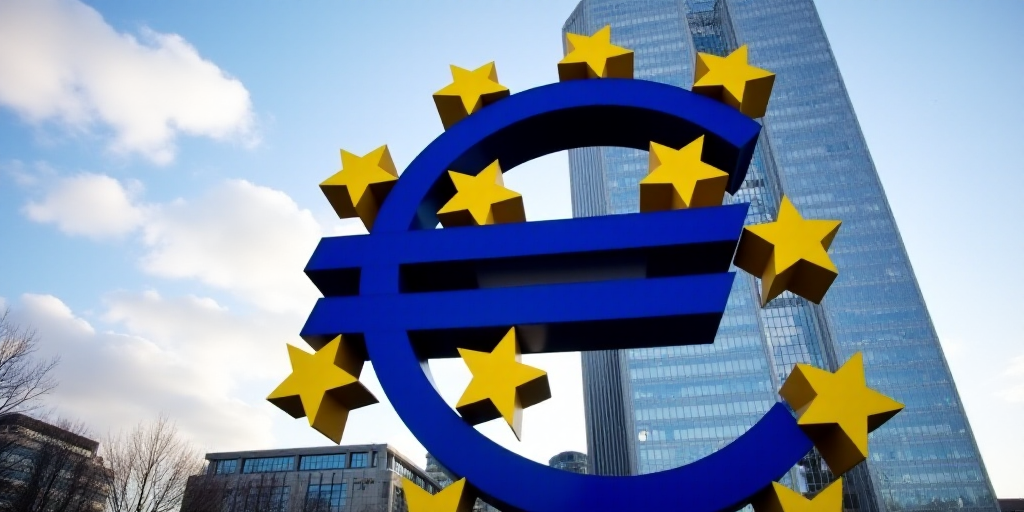Background on the European Central Bank (ECB)
The European Central Bank (ECB) is the central bank responsible for monetary policy in the eurozone, which comprises 19 European Union countries that have adopted the euro as their common currency. The ECB aims to maintain price stability, keeping inflation below, but close to, 2% over the medium term.
Declining Inflation Expectations in the Eurozone
According to an ECB survey, eurozone consumers have reduced their inflation expectations for the upcoming year, indicating that the period of rapidly rising prices might be coming to an end.
Interest Rate Cuts and Stable Financing Costs
In the past 13 months, the ECB has cut its benchmark interest rates in half, from 4.0% to 2.0%. Despite this reduction, the ECB maintained stable financing costs this month, suggesting that inflation has returned to its 2.0% target and is expected to stay there in the medium term.
Inflation Expectations Overview
- Short-term expectations: The average inflation expectation for the next 12 months fell to 2.6% in June, down from 2.8% in the previous month.
- Long-term expectations: Inflation expectations for three years remained stable at 2.4%.
Impact on Eurozone Economy and Consumers
As inflation expectations decrease, it signals that the eurozone may be nearing the end of its price growth surge. This development is crucial for both the ECB’s monetary policy and the overall eurozone economy. Lower inflation expectations can lead to more stable prices, which in turn encourages consumer spending and business investment.
With the ECB’s interest rate cuts, borrowing costs have decreased, making it more affordable for businesses and households to take loans. This can stimulate economic growth by encouraging investment in new projects and expansion of existing businesses. Moreover, lower interest rates can also weaken the euro, making eurozone exports more competitive in international markets.
Key Questions and Answers
- What is the European Central Bank (ECB)? The ECB is the central bank responsible for monetary policy in the eurozone, aiming to maintain price stability by keeping inflation below, but close to, 2% over the medium term.
- Why are declining inflation expectations significant? Lower inflation expectations suggest that the eurozone may be nearing the end of its price growth surge, which can lead to more stable prices, encouraging consumer spending and business investment.
- How do interest rate cuts impact the eurozone economy? Interest rate cuts decrease borrowing costs, making it more affordable for businesses and households to take loans. This can stimulate economic growth by encouraging investment in new projects and expansion of existing businesses. Additionally, lower interest rates can weaken the euro, making eurozone exports more competitive in international markets.






